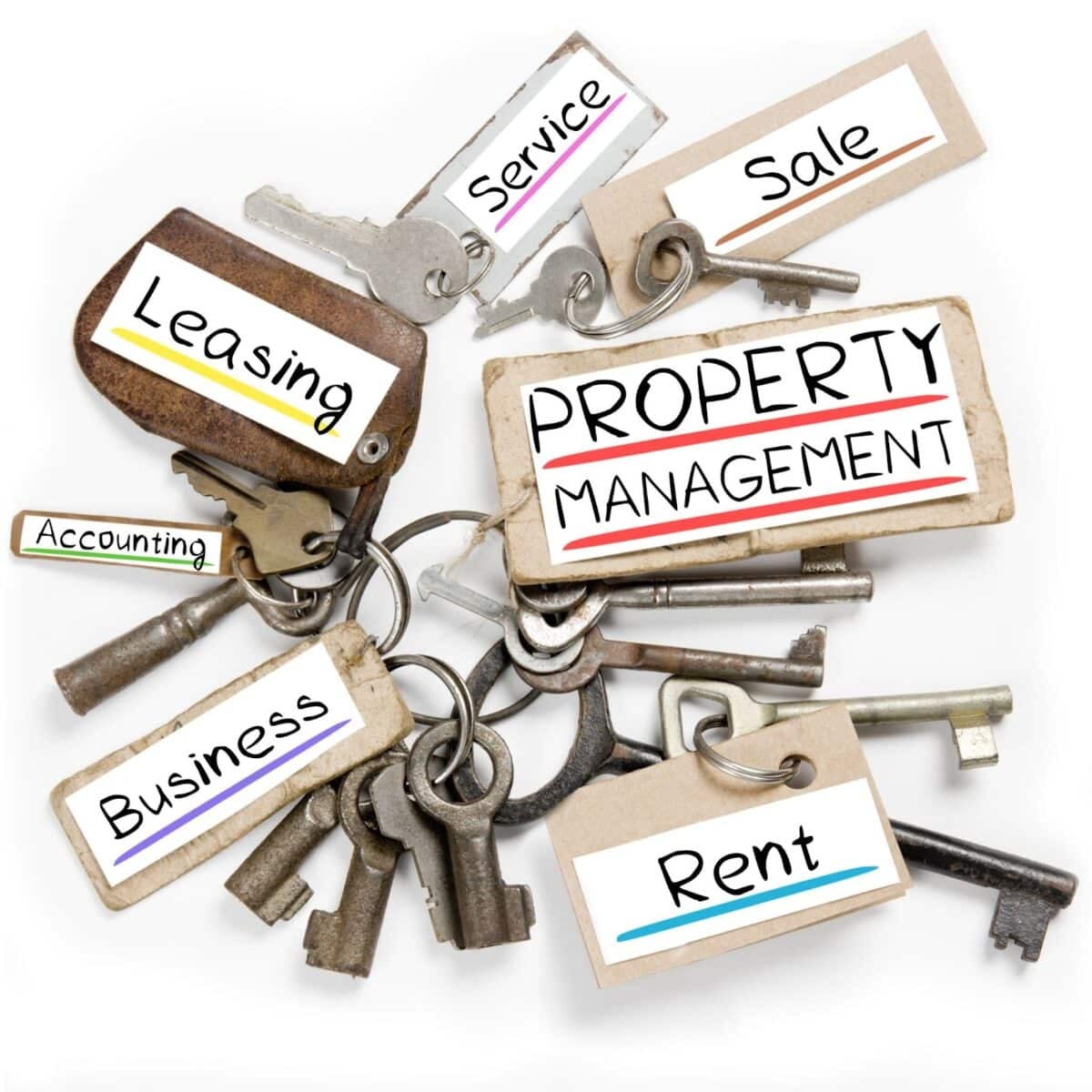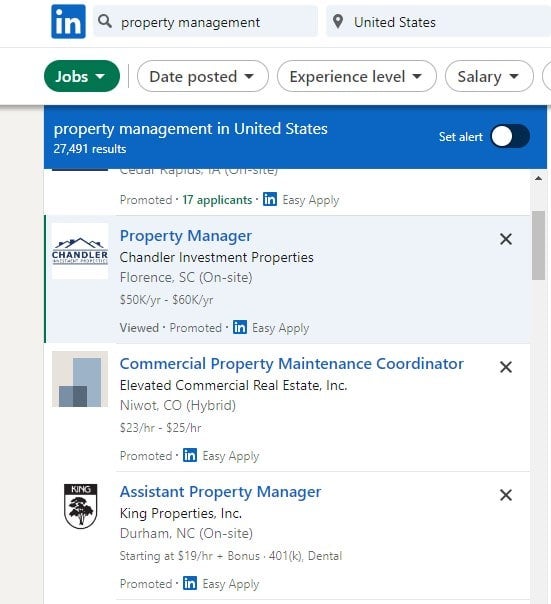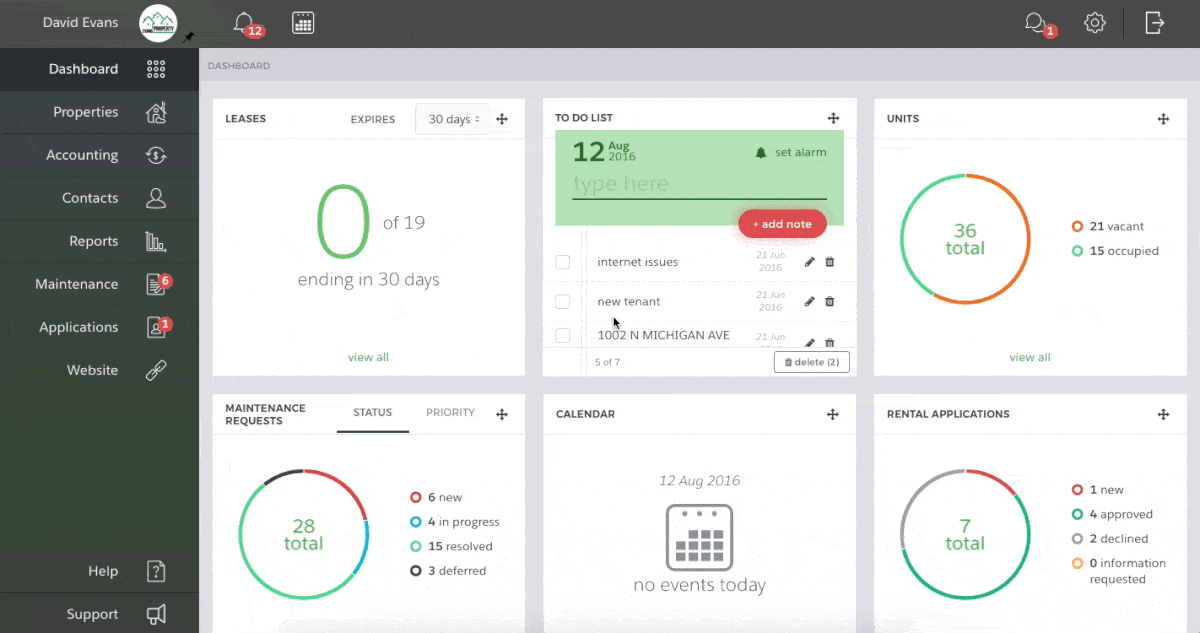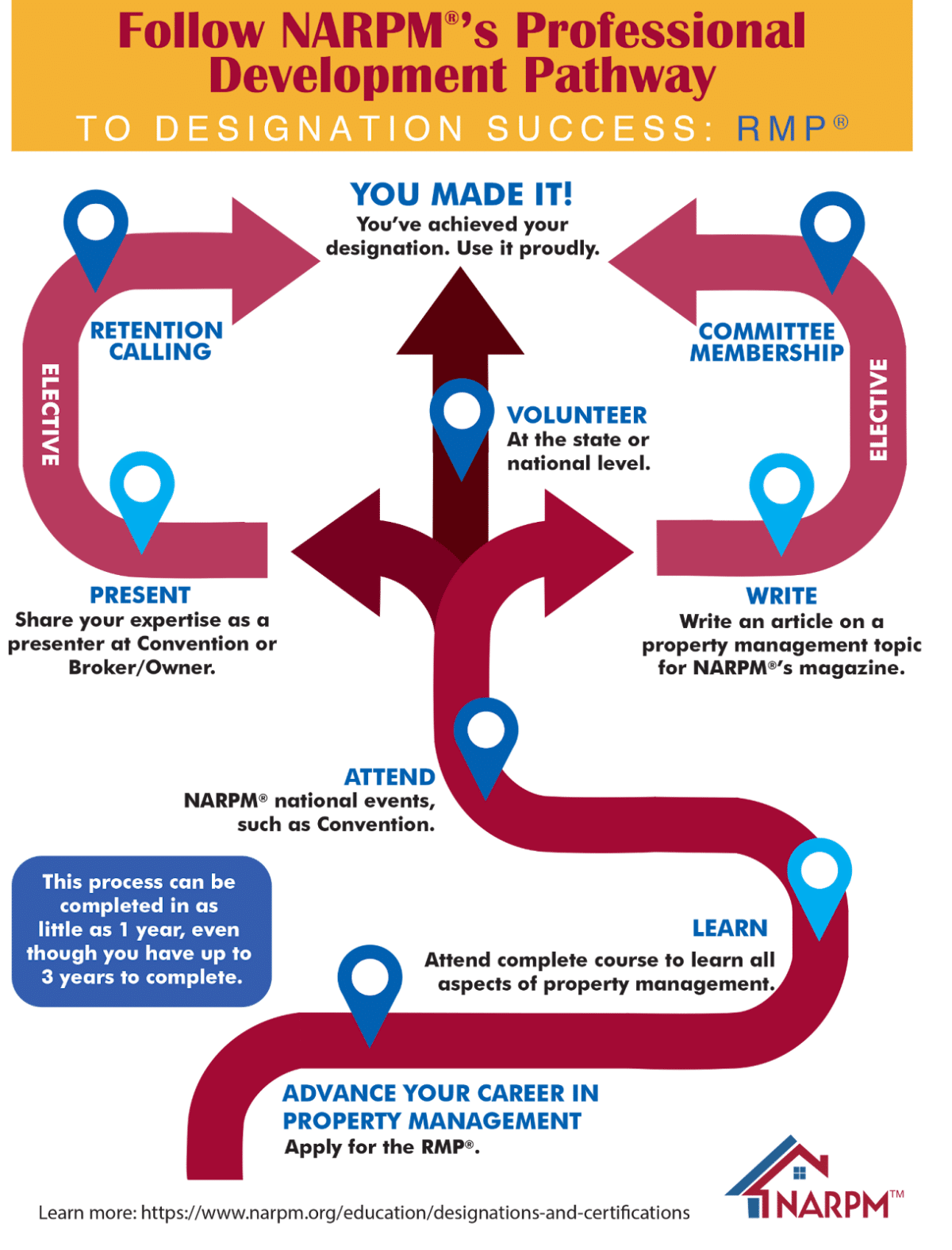Property management can be a fascinating, challenging, and lucrative career, but it isn’t always easy to break into. Some states require property managers to have a real estate license, but many others allow you to start working in the industry without a formal license or certification. Let’s dive into the steps on how to become a property manager, including what the job actually looks like and what you’ll get paid.
What Does a Property Manager Do?

Generally, a property manager manages rental properties, which can include either commercial or residential properties or units. Property management is extremely important and is often the core of what makes a rental successful for the investor and the tenants. Property managers are usually employed by property management companies or real estate firms, and they handle many properties and units simultaneously.
The responsibilities of a property manager include:
- Marketing and advertising vacant properties
- Screening potential renters
- Developing lease agreements
- Showing the property or units to potential renters
- Coordinating move-in and move-out inspections
- Handling communications between the tenant, maintenance teams, or owners
- Collecting rent payments and deposits
- Maintenance and repairs of the property
Pro Tip: Since property management is a salaried position you can get with a real estate license, it can be a great option for new real estate agents who don’t have the financial cushion to focus on real estate sales alone. You can be a part-time real estate agent and a part-time or full-time property manager. Although the positions are very different, you can learn a lot about the real estate investment industry by getting into property management.
How Much Do Property Managers Make?
The average salary of property managers in the US is around $50,000 to $55,000. However, like most jobs, the salary can range significantly depending on the location, your experience, and the type of property management you do. However, here are the averages found from a variety of reliable sources:
- ZipRecruiter: US average of $58,335, with a range of $28,000-96,500
- Glassdoor: US average of $53,889, ranging between $47,000-75,000
- Payscale: US average of $55,831, with a range of $36,000-82,000
Another interesting fact about becoming a property manager is that many companies offer bonuses for specific criteria that ensure the properties stay profitable with high occupancy and renewal rates. This benefit of property management could make it an ideal real estate side hustle. These bonuses can be offered per lease, quarterly, or annually. One study reported that the average property management bonus rate is 12.9%.
Steps of How to Become a Property Manager
If you’re wondering how to get into property management, the process varies slightly from state to state. Interestingly, some states require official licenses, like a real estate license and/or a property management certification, and other states have almost no requirements. Here are the general steps to learn how to become a property manager.
1. Learn About Each Type of Property Management Certification
The first step to answer “How do I become a property manager?” is to understand the different types of management certifications available. Not all positions require a certification, but knowing this information will help you figure out how to become a property manager.
A few of the most common property management certifications and niches are:
- Certified Property Manager (CPM): This is the most well-known certification for general property managers who want to handle a variety of residential and commercial properties.
- Accredited Residential Manager (ARM): This certification, specifically for residential property managers, is ideal for getting a job or improving your skills quickly when you’re new to the industry.
- Certified Apartment Leasing Professional (CALP): This certification is for experienced property managers who want specialized education in leasing and managing apartment complexes.
- Master Property Manager (MPM): This is the most advanced certification available for property managers. It requires at least five years of consistent property management experience. Property managers with this certification are typically the industry leaders and the highest earners.
There are even more property management courses and certifications that will help you increase your success in the real estate industry. Check out national associations like the National Association of Realtors (NAR), the National Association of Residential Property Managers (NARPM), the Institute of Real Estate Management (IREM), and the National Apartment Association (NAA).
2. Define the Key Qualifications to Become a Property Manager
Learning how you become a property manager can be confusing because each state and property management company has different requirements and qualifications. However, a few general requirements are similar to getting your real estate license.
Some of the most common requirements to become a property manager are:
- Being at least 18 or 21 years of age
- Having a minimum of a high school diploma or GED equivalent
- Being a legal US citizen or permanent resident
- Passing a criminal background check
- Completing a certain number of hours of real estate license coursework and a passing score on the Real Estate Licensing Exam (although there are exceptions; see section below for more info!)
3. Complete Your State’s Requirements
The requirements to become a property manager vary drastically from state to state. In many states, property managers must have a real estate license and/or a property management license—this includes managing short-term rentals like Airbnb and VRBO.
However, in four states (Idaho, Vermont, Kansas, and Maine), the only requirement is being over 18 and having a high school diploma. In addition, many states won’t require you to be licensed if the property you manage is a property you own (such as an Airbnb). Here are a few examples of requirements across different states:
| State | Requirements |
|---|---|
| North Carolina |
|
| California |
|
| Florida |
|
4. Find a Property Management Position
Once you have the requirements to become a property manager, celebrate! It’s time to start applying for positions. One of the best ways to find a property management job is by connecting with local real estate brokers, agents, and investors. Even if you want to start your own property management business, you may want to learn the ropes inside of a company at the beginning of your career. Other than using your connections, property management positions are almost always posted on job listing sites like Glassdoor, Indeed, and LinkedIn.

Keep in mind that your first property management position doesn’t have to dictate your entire career. If you decide to go out on your own, switch brokerages, or go for a different property management position, you can do that with no penalty.
5. Find the Right Property Management Software
Whether working for a brokerage or independently, having the right software is essential for growing your real estate business. Many property management tools offer features for everything from marketing to lead management to accounting.

For example, TenantCloud includes tenant screening, rent collection tools, communication portals for maintenance and communication, and easy-to-read marketing and financial tracking reports. It may be the all-in-one tool you need to be a successful property manager.
6. Stay Up to Date
The best way to flourish in the property management industry is to stay educated about industry trends, regulations, and best practices and to continually improve your skills. There are plenty of resources for property managers, like networking events, seminars, and continuing education courses. Plus, taking courses and earning certifications is a great way to stand out and increase your success and earnings even if you stay at the same company.

You might also consider joining a local professional organization for property managers, such as the National Association of Residential Property Managers (NARPM) or the Institute of Real Estate Management (IREM). These organizations will give you access to training, resources, and networking opportunities to help you grow in the business.
Bringing It All Together
Overall, learning how to become a property manager is doable for anyone interested in real estate and willing to put in the time and effort. It’s a great career that can help you learn more about the industry and provide consistency for aspiring real estate agents.











Add comment